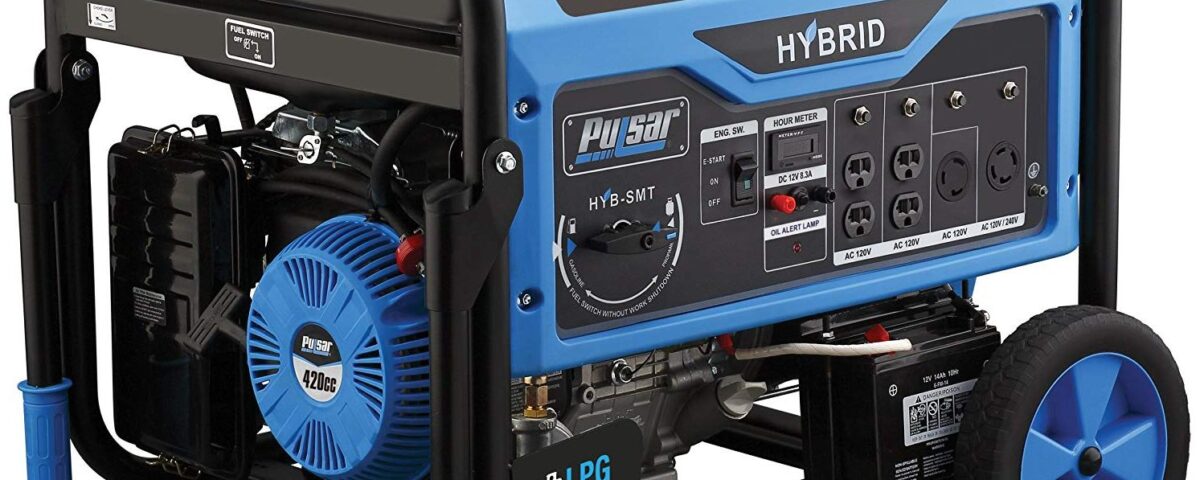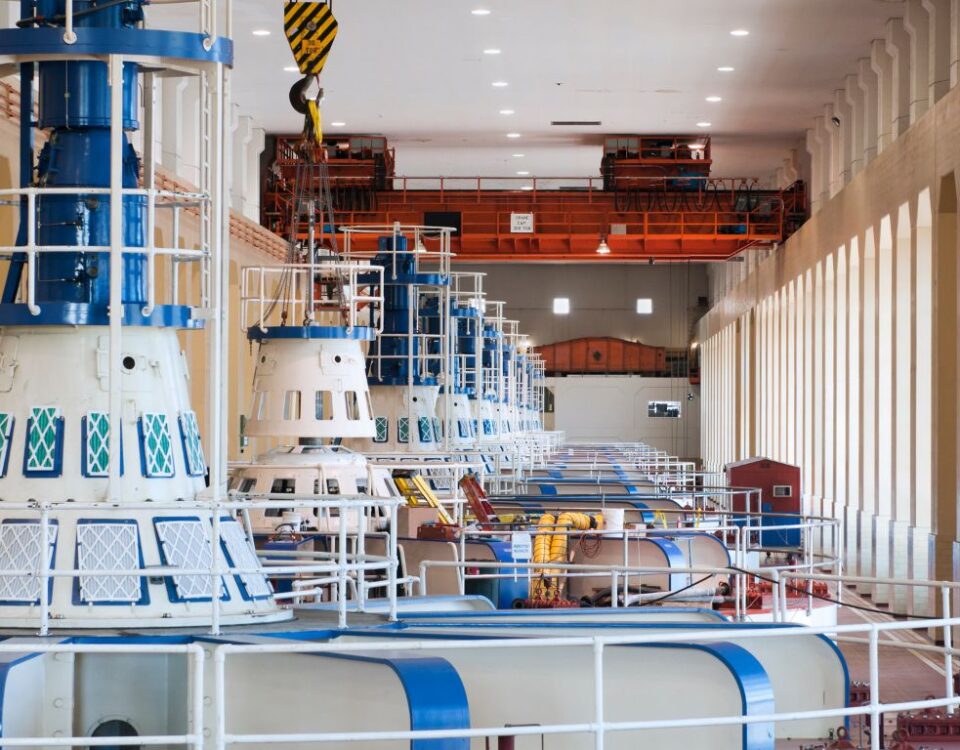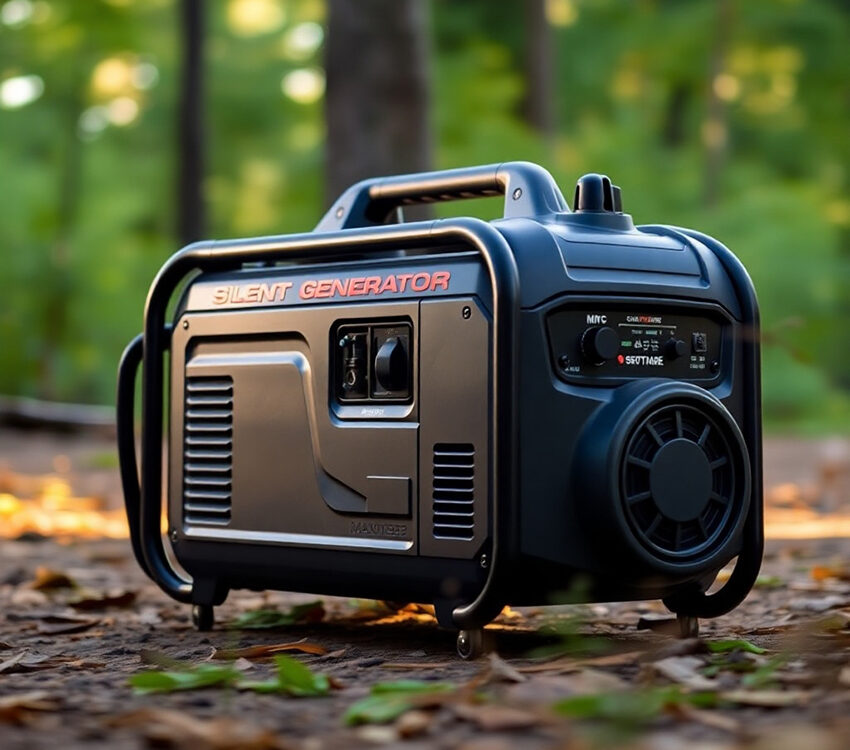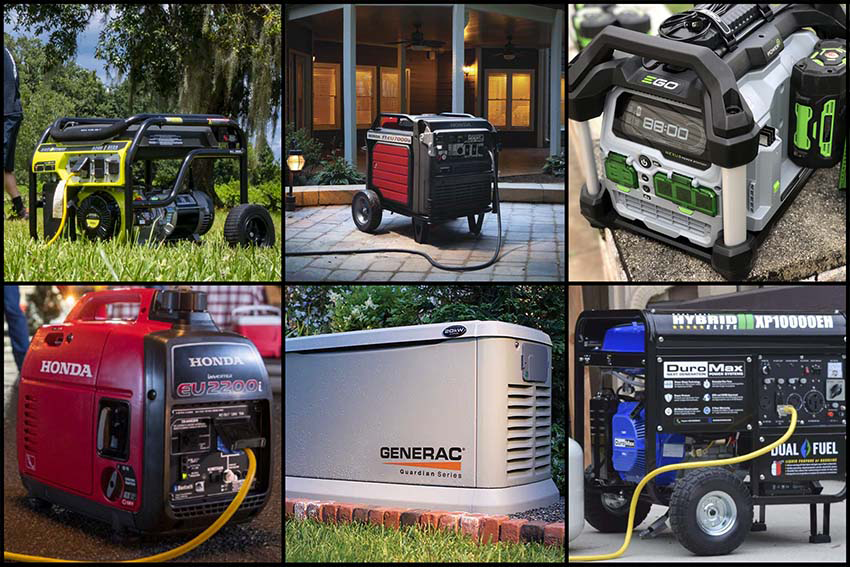
Power generation is a crucial aspect of everyday life and emergencies. Whether you’re camping, managing a small business, or preparing for unexpected power outages, a reliable power source is a necessity. Portable propane generators stand out as one of the best solutions due to their unique selling points-efficiency, ease of use, and environmental benefits.
In this guide, we will explore the advantages of portable propane generators, their working mechanisms, and why they may be the ideal power backup for your home, office, or outdoor adventures.
What is a Portable Propane Generator?
A portable propane generator is a power source that runs on propane, a type of liquefied petroleum gas (LPG). Unlike traditional gasoline or diesel-powered generators, portable propane generators use propane stored in pressurized cylinders to generate electricity. These generators are designed to be compact, easy to transport, and provide reliable backup power whenever needed.
Propane offers several advantages over gasoline or diesel in terms of storage and performance. It’s non-toxic, doesn’t degrade over time, and burns cleaner, emitting fewer harmful pollutants. Additionally, small propane generators are generally quieter than their gasoline counterparts, making them ideal for residential areas or recreational use.
The Working Principle of a Portable Propane Generator
The operation of a portable propane generator is similar to that of any traditional fuel-based generator, but instead of gasoline or diesel, it uses propane as its fuel source. The basic mechanism involves three key components: a fuel tank for continuous propane supply, an engine that converts propane’s energy into mechanical energy, and an alternator that converts the engine’s mechanical energy into electrical energy.
Fuel Tank: Propane is stored in a pressurized tank, which is securely connected to the generator for a continuous propane supply.
Engine: The generator’s engine converts the propane’s energy into mechanical energy. When the propane gas enters the engine, it is ignited and burns to create the power needed to generate electricity.
Alternator: The engine’s mechanical energy is converted into electrical energy by the alternator. This electricity is then used to power connected devices or appliances.
Because propane burns cleaner than gasoline or diesel, portable propane generators experience less engine wear, resulting in a longer lifespan for the generator.
Key Benefits of Using a Portable Propane Generator
Cleaner Burning Fuel
One of the most significant advantages of portable propane generators is that they run on a cleaner fuel than gasoline or diesel. Propane burns with almost no pollutants, emitting significantly less carbon monoxide, carbon dioxide, and other harmful substances into the air. It makes propane generators an eco-friendly choice for power generation. Using the best portable propane generator is an ideal solution for those concerned about their environmental footprint.
Extended Shelf Life of Propane
Another remarkable benefit of using portable propane generators is the extended shelf life of propane. Unlike gasoline, which can degrade over time and lose its combustibility, propane remains stable for an indefinite period when stored properly. It allows you to store propane for emergencies without worrying about the fuel going stale. Small portable propane generators are ideal for such situations, as you can stock up on propane tanks and always have reliable power available when needed.
Cost-Effectiveness
While the initial cost of purchasing the best propane generator for home backup may be higher than traditional gasoline-powered generators, propane is generally more affordable. In many regions, propane is less expensive than gasoline, and its cost doesn’t fluctuate as much. Also, propane burns cleaner, so it is less taxing on the engine, meaning fewer maintenance costs over time.
Quiet Operation
Portable propane generators operate much more quietly than gasoline and diesel generators. This makes them an excellent choice for residential areas, where noise pollution can be an issue. Whether running a small propane generator for your home or using it on a camping trip, you’ll appreciate the quieter operation. Many users prefer the portable propane generator because it doesn’t disrupt their activities or disturb their neighbours.
Safety Features
Safety is another strong point for portable propane generators. Propane is stored in pressurized tanks, reducing fuel spillage risk—a common concern with gasoline or diesel-powered generators. In addition, propane’s non-toxic nature means there’s less risk of environmental contamination. When stored and handled correctly, propane-powered generators are safer for both the user and the environment.
Low Maintenance
One of the primary advantages of portable propane generators over gasoline or diesel-powered generators is their low maintenance requirements. Since propane burns cleaner, the engine has less soot and carbon buildup. It translates to fewer oil changes and less frequent maintenance. As a result, small portable propane generators typically last longer and perform more efficiently with minimal upkeep.
Versatility and Portability
Another standout feature of small propane generators is their portability. Unlike large, stationary generators, portable propane generators are designed to be lightweight and easy to transport. Many models come equipped with wheels and handles for easy movement. Whether camping, tailgating, or needing a power source for a temporary job site, a portable propane generator is an excellent solution.
Reliable Power for Home Backup
During power outages, having a reliable backup power source is essential. The best propane generator for house backup can help keep crucial appliances running, such as your refrigerator, lights, medical equipment, and more. Portable propane generators are particularly well-suited for home backup, as they are easy to store, set up, and use. The generator can keep your home powered until regular utility services are restored, making them a critical part of any emergency preparedness plan.
Fuel Availability
Propane is widely available, especially in rural areas where gasoline stations may not be as accessible. It can be stored in large or small tanks and is easily found at various gas stations, hardware stores, or specialized propane dealers. This makes portable propane generators more convenient than other generators, which may require specific fuel types that are harder to find in emergencies.
How to Choose the Best Portable Propane Generator for Your Needs
Selecting the right portable propane generator can be daunting, as there are many factors to consider. Here are some tips for choosing the best model for your requirements:
Determine Your Power Needs
The first step in choosing a portable propane generator is determining how much power you need. Consider the appliances, tools, or devices you want to run. For instance, a small portable propane generator may be sufficient for running basic electronics or a refrigerator. At the same time, a more powerful model may be required to support high-wattage appliances, such as air conditioners or power tools. Look for the generator’s wattage rating to ensure it can handle your power demands.
Consider the Runtime
A small propane generator’s runtime depends on the fuel tank’s size and the generator’s efficiency. Potable propane generators typically run 8 to 12 hours on a full tank. If you’re using it for home backup or extended periods, ensure the generator has a long enough runtime to meet your needs.
Portability
Look for a model that fits your mobility needs. If you need to transport the generator for camping or a job site, opt for a portable small propane generator that is lightweight and easy to carry. Some models even have built-in wheels and handles to make moving them more manageable.
Noise Level
Noise can be a significant consideration, mainly if you use the generator in a residential or recreational area. Choose a portable propane generator with low noise output. Most manufacturers provide noise level specifications, so make sure the model you choose operates at a decibel level that is acceptable for your location.
Budget and Maintenance Costs
While small propane generators may have a higher upfront cost than gasoline models, they generally have lower long-term maintenance costs. Consider your budget and whether the savings on fuel and maintenance will make up for the initial cost.
Top Picks for the Best Portable Propane Generators
Honda EU2200i Propane Generator: Known for its quiet operation and reliability, the Honda EU2200i is the best portable propane generator for house use. It provides 2,200 watts of power and is perfect for running small appliances during a power outage.
Champion 3400-Watt Dual Fuel Inverter Generator: If you’re looking for flexibility, the Champion 3400-watt dual-fuel inverter generator allows you to run it on either propane or gasoline. It makes it one of the best portable propane generators for users who want versatility in their power source.
Westinghouse iGen4500DF Dual Fuel Inverter Generator: The Westinghouse iGen4500DF is a portable propane generator that can power larger appliances and tools. It has a quiet mode to reduce noise and features a 3,700-watt continuous power output.
Conclusion
A portable propane generator is a valuable investment for anyone looking for reliable, eco-friendly, and cost-effective power. Propane-powered generators offer numerous benefits, whether you need backup power for your home, a portable solution for outdoor activities, or a low-maintenance generator for emergencies. From their quieter operation to cleaner burning fuel, small portable propane generators are an excellent choice for diverse power needs.
Consider your specific requirements, such as power output, runtime, portability, and noise level, to find the best portable propane generator for your home, business, or outdoor adventures.





